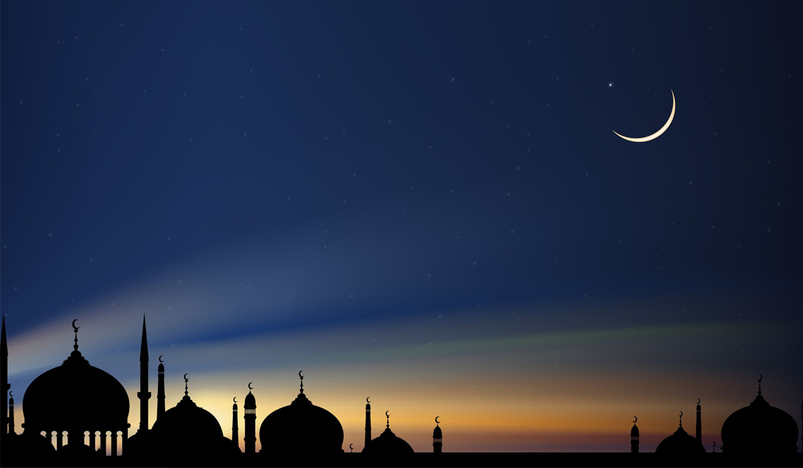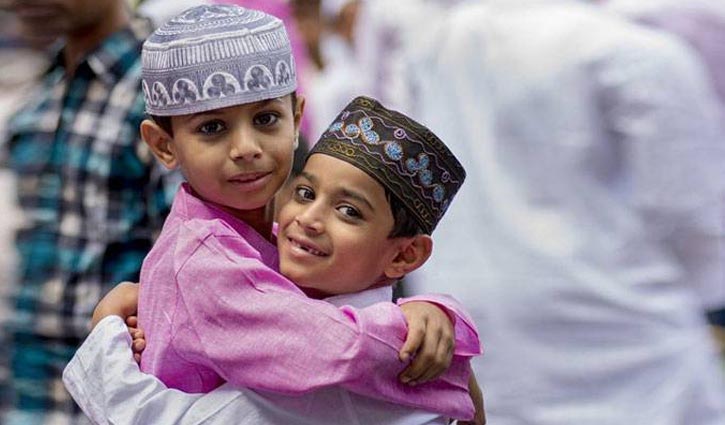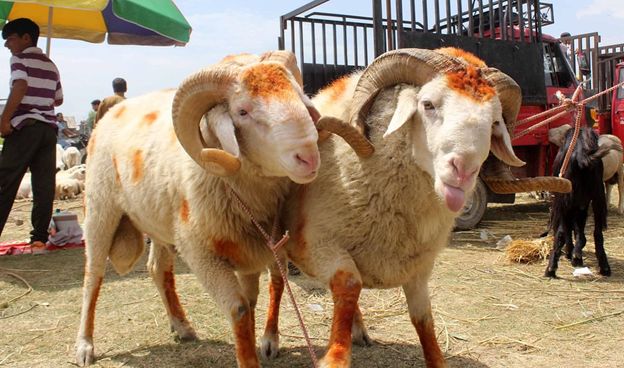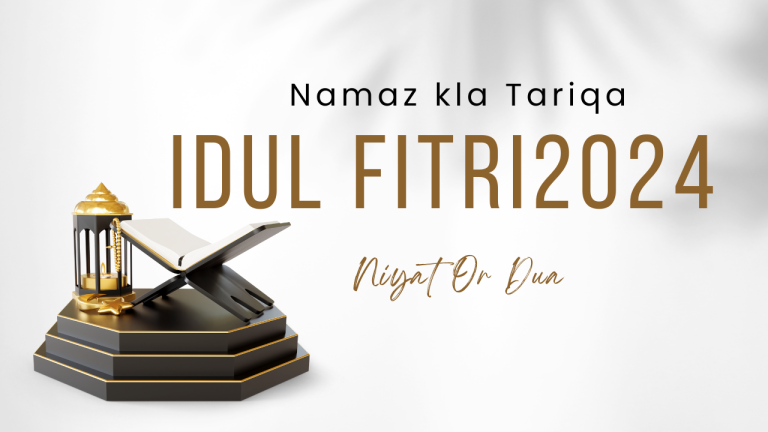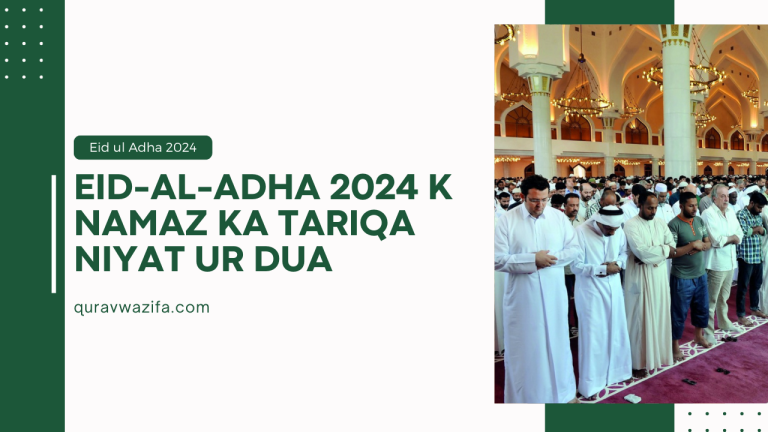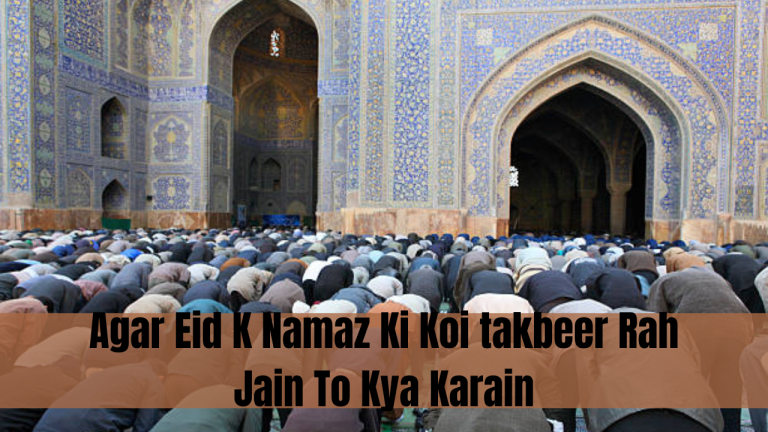What is the Meaning of Eid and how Does Eid al-Fitr Different from Eid al-Adha 2024
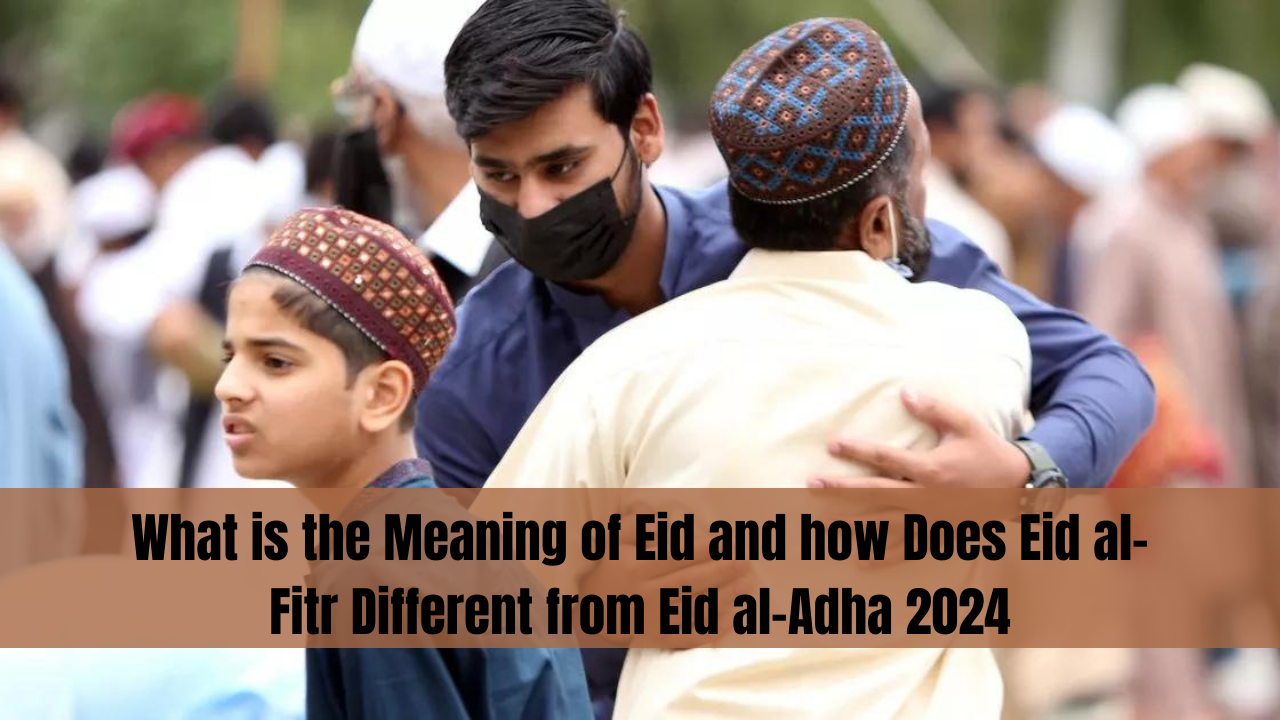
What is the Meaning of Eid and how Does Eid al-Fitr Different from Eid al-Adha 2024 Eid, meaning celebration’ in Arabic, encompasses two major Islamic festivals “Eid al-Fitr” and “Eid al-Adha”. “Eid al-Fitr”, the Festival of Breaking the Fast, marks the “End of Ramadan”, a month of fasting, with special prayers and charitable acts.
On the other hand, “Eid al-Adha”, the “Festival of Sacrifice”, commemorates “Prophet Ibrahim” willingness to sacrifice his son and coincides with the “Completion of Hajj”. Rituals include sacrificing an animal and distributing the meat to signify devotion and charity. While “Eid al-Fitr” concludes a month of fasting, “Eid al-Adha” involves acts of sacrifice and charity, both reflecting unique aspects of Islamic faith and practice.”
Eid-Ul-Fiter in Islam A Festive Celebration
Introduction:
Eid al-Fitr, or the “Festival of Breaking the Fast,” is a significant celebration in Islam marking the End of the holy month of Ramadan. This joyous occasion holds both religious and social importance, symbolizing gratitude and unity within the Muslim community.
1. Significance of Eid al-Fitr:
Eid al-Fitr is a day of thanksgiving and rejoicing, celebrating the spiritual achievements and self-discipline attained during Ramadan. It fosters a sense of community, allowing Muslims to come together with family and friends.
2. Timing and Observation:
The date of Eid al-Fitr is determined by the sighting of the new moon, following the lunar Islamic calendar. Its announcement depends on credible moon sightings by witnesses, making the exact day vary each year.
3. The Night of Eid (Laylat al-Jaiza):
The Night of Eid is a special night preceding Eid al-Fitr, associated with increased worship and supplication. According to Hadith, it is a night of mercy, forgiveness, and fulfillment of needs.
4. Zakat al-Fitr:
Before the Eid prayers, Muslims give Zakat al-Fitr, a mandatory charity meant to purify those who fast and assist the poor and needy.
5. Eid Traditions:
Eid traditions include wearing new clothes, applying perfume, exchanging greetings, and giving gifts. These customs reflect the spirit of generosity and gratitude inherent in Eid celebrations.
6. Hadith on Eid al-Fitr:
The Prophet Muhammad (ﷺ) emphasized the importance of charitable gifts, stating, “The fast remains suspended between Heaven and Earth until the sadaqat al-fitr (charitable gifts) are paid.” (Sunan Ibn Majah)
Eid-Al-Adha in Islam A Commemoration of Sacrifice
Introduction
Eid al-Adha, also known as the “Festival of Sacrifice,” holds significant importance in Islam as it commemorates the willingness of Prophet Ibrahim (Abraham) to sacrifice his son in obedience to Allah’s command. This festival is a time for reflection on sacrifice, faith, and the importance of submission to the will of Allah.
1. The Significance of Eid al-Adha
Eid al-Adha commemorates the pivotal moment when Prophet Ibrahim demonstrated unparalleled obedience and devotion to Allah by being willing to sacrifice his son. Allah, recognizing his sincerity, provided a ram for sacrifice instead. This event symbolizes submission to Allah’s will and the importance of trust in divine guidance.
2. Timing and Occurrence
Eid al-Adha occurs approximately two months after Eid al-Fitr and coincides with the completion of the Hajj pilgrimage to Mecca. Similar to Eid al-Fitr, its timing is determined by the lunar Islamic calendar, and the exact date depends on the sighting of the new moon.
3. Rituals and Acts of Worship
- Qurbani (Sacrifice): One of the central rituals of Eid al-Adha is Qurbani, the act of sacrificing an animal like a sheep, goat, or cow. This symbolizes Prophet Ibrahim’s readiness to sacrifice his son and demonstrates a Muslim’s obedience and submission to Allah.
- Distribution of Meat: The meat from the sacrificed animal is distributed among family, friends, and the less fortunate, emphasizing the spirit of charity and sharing.
4. Emphasis on Charity
Eid al-Adha underscores the importance of charity and helping those in need. Muslims are encouraged to share the joy of the occasion by giving to the less fortunate, ensuring that everyone can partake in the festivities.
5. The Story of Sacrifice in the Quran
The Quran narrates the story of Prophet Ibrahim’s sacrifice in Surah As-Saffat (37:102-107), highlighting his unwavering devotion and Allah’s mercy.
6. Hadith on Eid al-Adha
The Prophet Muhammad (ﷺ) is reported to have said, “There is nothing dearer to Allah during the days of Qurbani than the sacrificing of animals. The sacrificed animal shall come on the Day of Judgment with its horns, hair, and hooves. The sacrifice is accepted by Allah before the blood reaches the ground.
Diffrentiat between Eid-Ul-Fitr And Eid-Al-Adha
| Aspect | Eid al-Fitr | Eid al-Adha |
| Occasion | Celebrated at the end of Ramadan, marking the conclusion of fasting. | Celebrated approximately two months after Eid al-Fitr, coinciding with the completion of Hajj. Commemorates Prophet Ibrahim’s sacrifice. |
| Significance | Signifies breaking the fast and expressing gratitude for spiritual growth. | Commemorates obedience and devotion, emphasizing sacrifice and compassion. |
| Rituals | Giving Zakat al-Fitr, wearing new clothes, and sharing festive meals. | Qurbani (animal sacrifice), meat distribution, and acts of charity. |
| Timing | Occurs immediately after Ramadan, following the sighting of the new moon. | Occurs approximately two months after Eid al-Fitr, following the Hajj pilgrimage. |
| Quranic Connection | No specific event from the Quran; significance tied to Ramadan completion. | Commemorates Quranic account of Prophet Ibrahim’s sacrifice (Surah As-Saffat 37:102-107). |
| Hadith Emphasis | Emphasizes importance of charitable giving, particularly Zakat al-Fitr. | Highlights significance of sacrifice, mercy, and acceptance of good deeds. |
| Charity | Involves giving Zakat al-Fitr to purify those who fast and assist the poor. | Emphasizes the distribution of sacrificed meat to the less fortunate. |
FAQs About This
Q) What does “Eid” mean in Islam?
Ans:- “Eid” in Islam translates to “celebration” or “festival” in Arabic. It encompasses two major Islamic festivals, Eid al-Fitr and Eid al-Adha, marking significant events in the Islamic calendar.
Q) How does Eid al-Fitr differ from Eid al-Adha?
Ans:- Eid al-Fitr, the Festival of Breaking the Fast, celebrates the end of Ramadan with gratitude and communal unity. Eid al-Adha, the Festival of Sacrifice, commemorates Prophet Ibrahim willingness to sacrifice his son, emphasizing sacrifice, charity, and submission to Allah.
Q) What are the key rituals associated with Eid al-Adha?
Ans:- The central ritual of Eid al-Adha is Qurbani, the sacrifice of an animal, symbolizing Prophet Ibrahim devotion. The meat is then distributed among family, friends, and the less fortunate, highlighting acts of charity and sharing.
Conclusion
Eid, meaning ‘celebration’ in Arabic, encapsulates two major Islamic festivals Eid al-Fitr and Eid al-Adha. While Eid al-Fitr signifies the end of Ramadan, emphasizing gratitude and unity, Eid al-Adha commemorates Prophet Ibrahim sacrifice, symbolizing devotion and submission to Allah. Both festivals reflect unique aspects of Islamic faith and practice, promoting charity, sacrifice, and community spirit.
